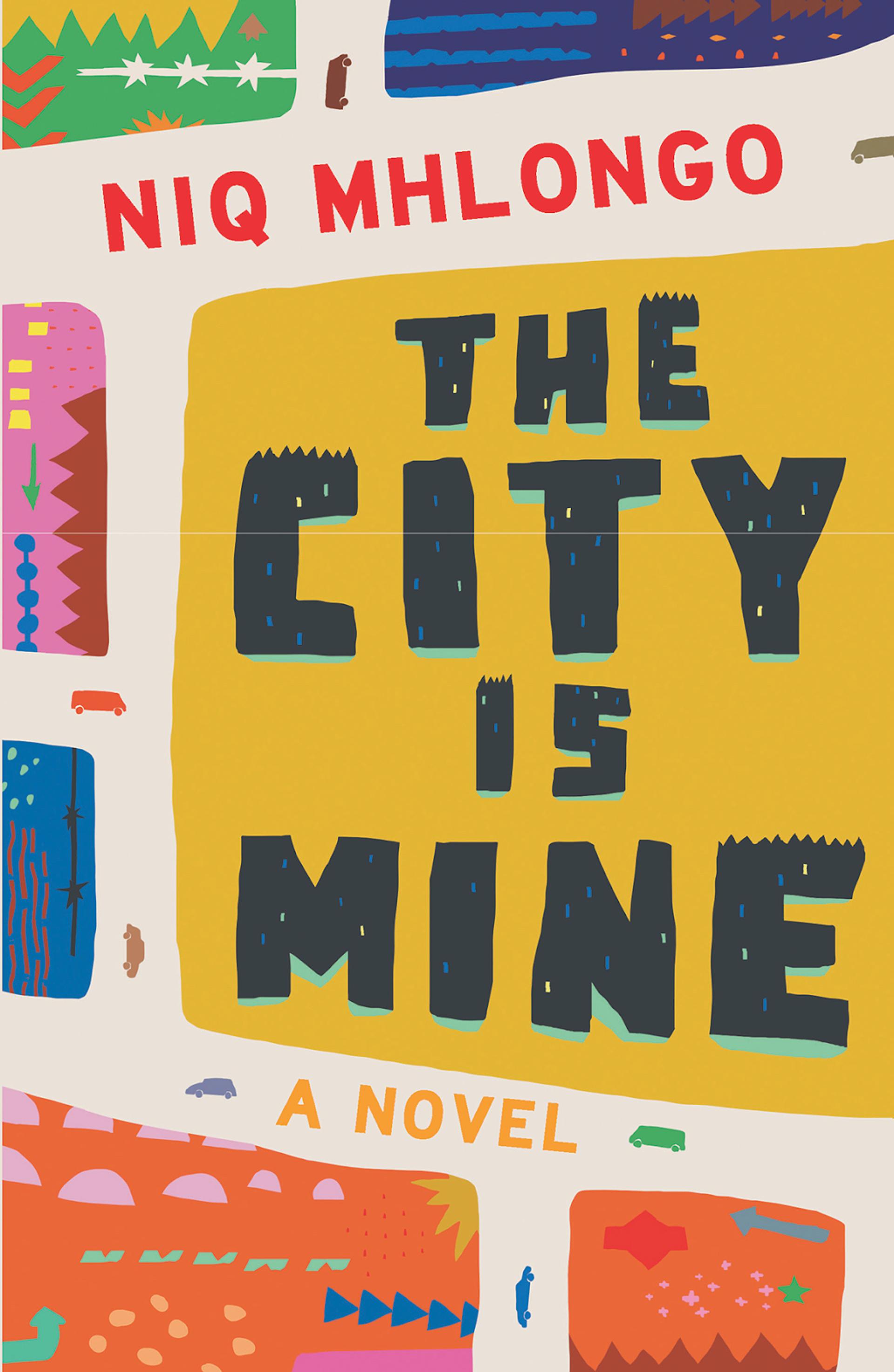The Facts
Niq Mhlongo is an award-winning South African novelist, travel journalist, and editor. He has published three short story collections, and five novels. He has also won several literary prizes in South Africa for his work. Mhlongo is based in Berlin. His latest novel, This City is Mine, will be released officially on May 10.
Know More
💡What is the subject of your new novel?
The City is Mine is set exclusively in Johannesburg, the city where I grew up. It explores the neglect of the ordinary city dweller, and how, in turn, the ruling class has neglected the city. Simply, what it feels to be homeless and neglected at home. But also, it interrogates the city’s descent into ruins and a shadow of its former glory.
💡How has South Africa’s literary scene changed post-apartheid?
At independence, three decades ago, we had very few Black authors who were telling the Black story. With the rise of independent publishers, and Black-owned bookstores, we have writers selling over 20,000 books annually. Some are writing in local languages for a centrally African audience, something that was unheard of before.
💡 How has the liberalization of publishing influenced the art sector? The fact that we can tell our (Black) stories, in our own way and own them without fitting a certain narrative has been among the greatest accomplishments. Traditional publishers, some owned by colonial powers, were wary of publishing Black authors as the market was primarily in the West, in Britain, and North America. But we have created our own market to address the demand of African stories. Now, we have television networks looking for rights to adapt the books into shows, and streaming platforms too. In short, supporting our fellow Africans has seen the market grow in number of authors to publishers year in, year out.

💡 In what ways have successive post-independent regimes supported this cultural growth? The government established the National Arts Council of South Africa, which offers financial support to arts organizations and individuals in the art sector. You can apply for a grant to pay an editor, for example, and self-publish your work. It has catalyzed the production of art in the country, which is a great step so far.
💡 What’s the political climate like leading up to the election later this month? South Africa has a multi-democratic system, and that is true with the fact that over 30 political parties have registered candidates to stand for elections. But I must admit that different people are looking at candidates who will address their most pressing needs. These include the power crisis, the border and migrant issue, but more importantly, the endemic corruption problem. Personally, I’m looking at the candidates who also will revive the cities, create jobs, and invest more in education and art sectors.
💡 Which dish do you go to when nostalgia for home hits? It has to be pap (a staple African food made from maize-meal) and vegetables. My other favorite is the South African braai (barbecued meat). The latter because I get a lot of my stories from where we eat it as a community.
💡 Which song(s) are you currently playing? Tyla’s “Water”, for which she was awarded a Grammy Award. But depending on what I am writing, I could be listening to amapiano songs or kwaito music.

